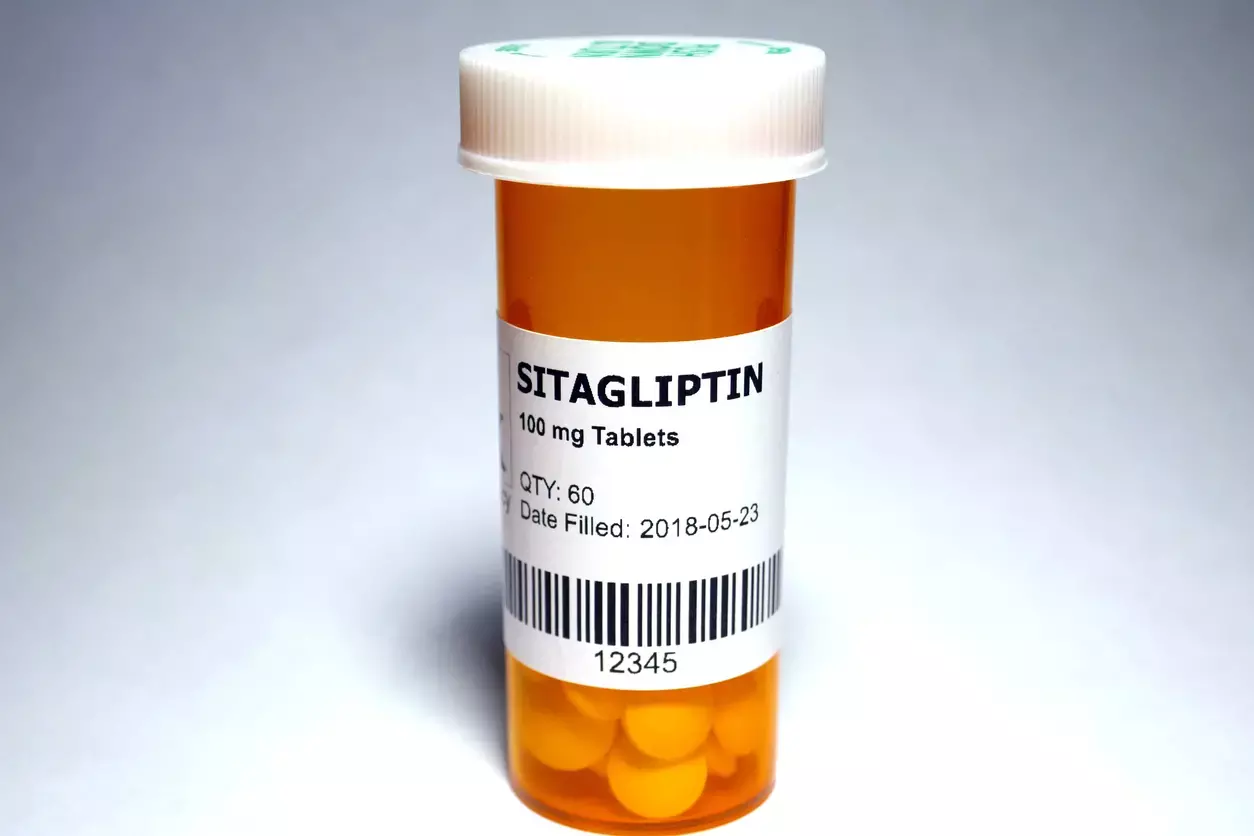- Home
- Medical news & Guidelines
- Anesthesiology
- Cardiology and CTVS
- Critical Care
- Dentistry
- Dermatology
- Diabetes and Endocrinology
- ENT
- Gastroenterology
- Medicine
- Nephrology
- Neurology
- Obstretics-Gynaecology
- Oncology
- Ophthalmology
- Orthopaedics
- Pediatrics-Neonatology
- Psychiatry
- Pulmonology
- Radiology
- Surgery
- Urology
- Laboratory Medicine
- Diet
- Nursing
- Paramedical
- Physiotherapy
- Health news
- Fact Check
- Bone Health Fact Check
- Brain Health Fact Check
- Cancer Related Fact Check
- Child Care Fact Check
- Dental and oral health fact check
- Diabetes and metabolic health fact check
- Diet and Nutrition Fact Check
- Eye and ENT Care Fact Check
- Fitness fact check
- Gut health fact check
- Heart health fact check
- Kidney health fact check
- Medical education fact check
- Men's health fact check
- Respiratory fact check
- Skin and hair care fact check
- Vaccine and Immunization fact check
- Women's health fact check
- AYUSH
- State News
- Andaman and Nicobar Islands
- Andhra Pradesh
- Arunachal Pradesh
- Assam
- Bihar
- Chandigarh
- Chattisgarh
- Dadra and Nagar Haveli
- Daman and Diu
- Delhi
- Goa
- Gujarat
- Haryana
- Himachal Pradesh
- Jammu & Kashmir
- Jharkhand
- Karnataka
- Kerala
- Ladakh
- Lakshadweep
- Madhya Pradesh
- Maharashtra
- Manipur
- Meghalaya
- Mizoram
- Nagaland
- Odisha
- Puducherry
- Punjab
- Rajasthan
- Sikkim
- Tamil Nadu
- Telangana
- Tripura
- Uttar Pradesh
- Uttrakhand
- West Bengal
- Medical Education
- Industry
Sitagliptin ideal candidate to achieve better blood sugar control in elderly with diabetes

Sitagliptin has been suggested as a treatment option for older adults with type 2 diabetes (T2D) for controlling Blood sugar . However, no randomized controlled trial has been performed to evaluate the efficacy and safety of sitagliptin treatment in older Japanese patients with T2D.
Researchers have found in a multicenter, open-label, randomized controlled trial that sitagliptin improves the glycemic profile and is safe to use in elderly with type 2 diabetes.
The findings of STREAM study have been published in Nature Scientific Reports.
Sitagliptin is a medication that is used to treat type 2 diabetes. It works by increasing the levels of a hormone called glucagon-like peptide-1 (GLP-1) in the body. GLP-1 helps to stimulate the pancreas to produce more insulin, which can lower blood sugar levels. It also helps to slow down the absorption of sugar in the intestines, which can also help to lower blood sugar levels.
The STREAM study was a randomized controlled trial that aimed to evaluate the effects of sitagliptin treatment in T2D patients aged 65 to 80 years. The study included 176 patients with moderately controlled glycemic levels (HbA1c levels between 7.4% and 10.4%) who were not currently taking DPP4 inhibitors or GLP-1 receptor agonists. The patients were randomly assigned to either the sitagliptin group (n=88) or the control group (n=88). The sitagliptin group received sitagliptin as an initial or additional treatment, while the control group received no treatment. The goal of the study was to lower HbA1c levels to below 7.4%.
The results of the study were:
The sitagliptin group had significantly greater reductions in fasting plasma glucose, HbA1c, and glycated albumin levels compared to the control group.
Specifically, there were reductions of 27.2 mg/dL, 0.61%, and 2.39% in the sitagliptin group, and 0.50 mg/dL, 0.29%, and 0.93% in the control group, respectively.
There were no significant differences in the incidence of adverse effects between the two groups, with the exception of an increase in cystatin C levels and a decrease in platelet count in the sitagliptin group.
Reference:
Nagao, M., Sasaki, J., Sugihara, H., Tanimura-Inagaki, K., Harada, T., Sakuma, I., Oikawa, S., Asano, T., Aoyama, S., Fukushima, T., Yan, J., Hasegawa, O., Hosokawa, K., Ishimaru, Y., Kaito, H., Kanbara, R., Kanno, K., Kimura, K., … Moritani, S. (2023). Efficacy and safety of sitagliptin treatment in older adults with moderately controlled type 2 diabetes: the STREAM study. In Scientific Reports (Vol. 13, Issue 1). Springer Science and Business Media LLC. https://doi.org/10.1038/s41598-022-27301-9
Neuroscience Masters graduate
Jacinthlyn Sylvia, a Neuroscience Master's graduate from Chennai has worked extensively in deciphering the neurobiology of cognition and motor control in aging. She also has spread-out exposure to Neurosurgery from her Bachelor’s. She is currently involved in active Neuro-Oncology research. She is an upcoming neuroscientist with a fiery passion for writing. Her news cover at Medical Dialogues feature recent discoveries and updates from the healthcare and biomedical research fields. She can be reached at editorial@medicaldialogues.in
Dr Kamal Kant Kohli-MBBS, DTCD- a chest specialist with more than 30 years of practice and a flair for writing clinical articles, Dr Kamal Kant Kohli joined Medical Dialogues as a Chief Editor of Medical News. Besides writing articles, as an editor, he proofreads and verifies all the medical content published on Medical Dialogues including those coming from journals, studies,medical conferences,guidelines etc. Email: drkohli@medicaldialogues.in. Contact no. 011-43720751


